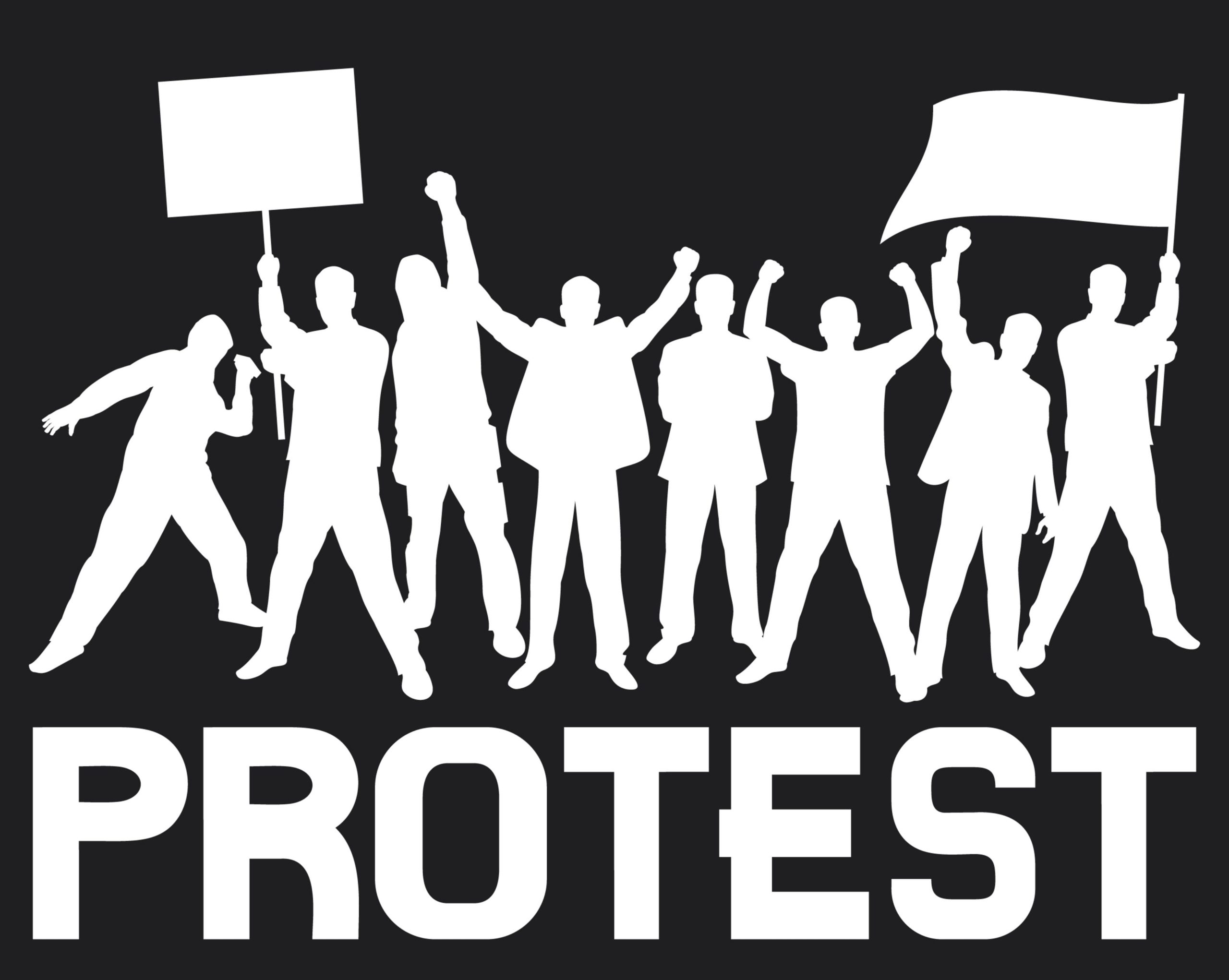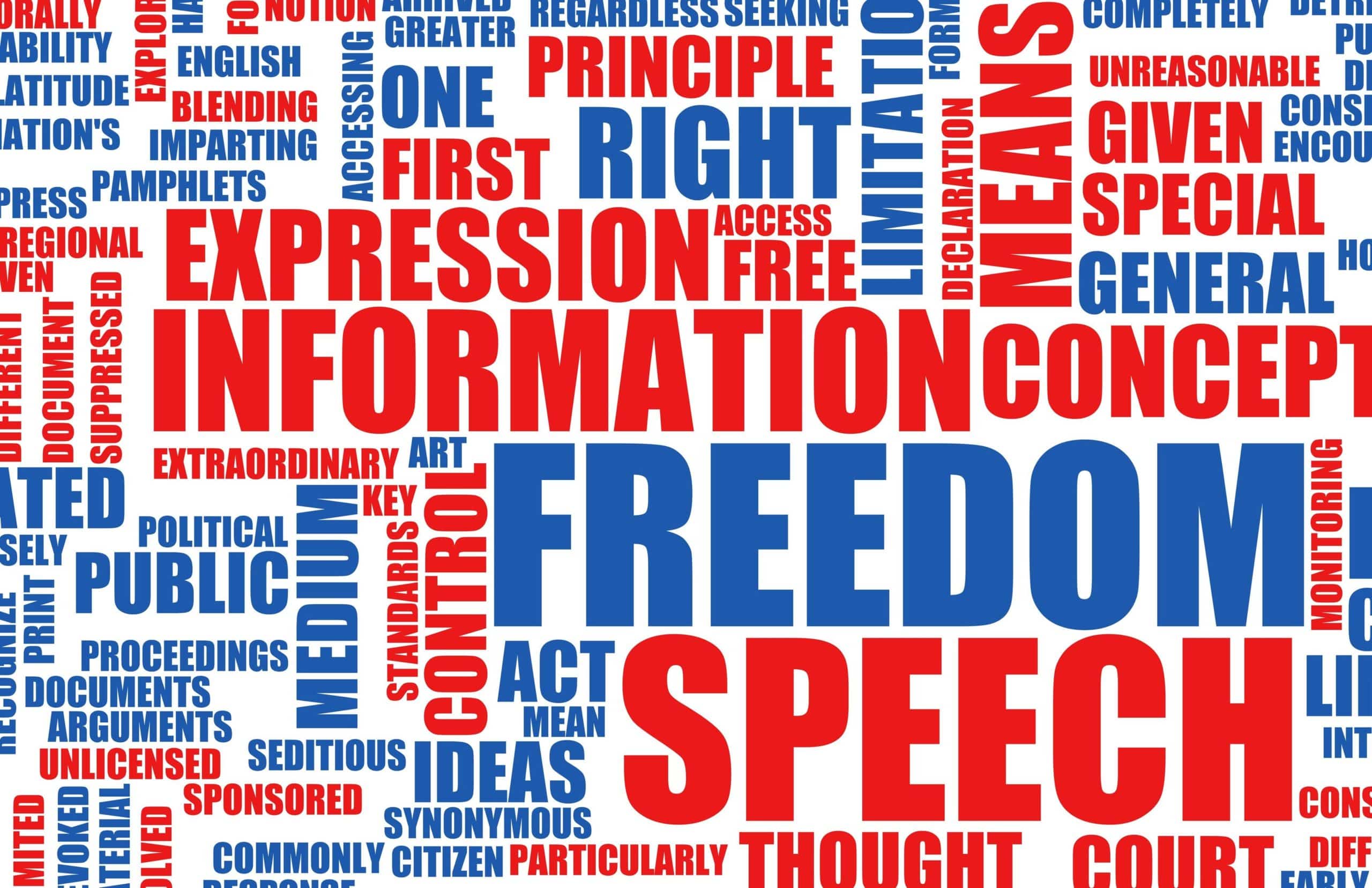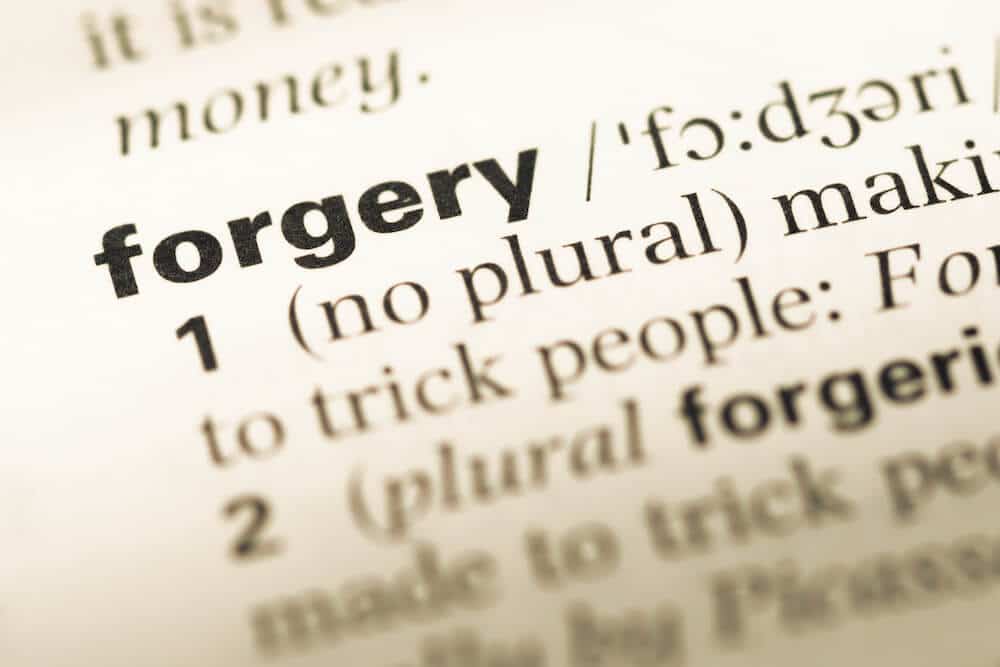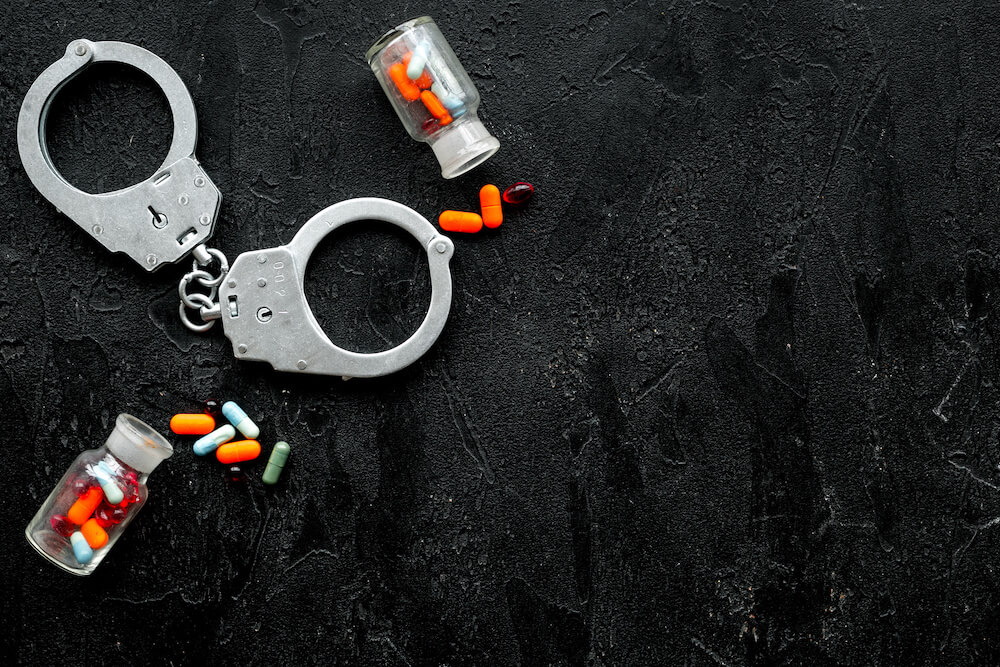- Home
- THE FIRM+
- Criminal Defense+
- CASE RESULTS
- AREAS WE SERVE+
- FAQ’s
- Blog
- Contact
AZHARI LLC BLOG

Posted By: Sami Azhari
Category:
On Saturday, August 12, a Unite the Right rally was planned to protest the removal of a Confederate statue of General Robert E. Lee located in Emancipation Park – formerly Lee park – in Charlottesville, Virginia.
On Friday, the day before the scheduled rally, protestors marched at the University of Virginia carrying tiki torches and yelling white supremacist slogans like “white lives matter.”
The day of the rally brought more protestors and counter-protestors, and a local state of emergency was declared. Shortly after that, James Alex Fields, Jr. ran his speeding car into a group of anti-racism protestors, injuring 19 people and killing 32-year-old Heather Heyer.
The events at Charlottesville, along with President Trump’s now notorious response, ignited the country, and similar rallies, protests, and demonstrations have been popping up across America. When we have these types of gatherings, unfortunately, we also have a number of arrests.
On Tuesday, August 15, Chicago protestors took to the streets, beginning at Federal Plaza and ending their demonstration at Trump Tower. The crowd had over 300 people from the Black Lives Matter movement and 14 other local groups. At least three people were arrested at this demonstration.
That same day, eight people were arrested in Durham, North Carolina, where they were protesting the removal of the Confederate Soldiers Monument.
Houston, Dallas, Boston, Memphis, Atlanta, Indianapolis, and numerous other cities have had their own rallies and arrests – most often for disorderly conduct – in the wake of Charlottesville.
So if you decide to exercise your right to protest to join a rally, it’s important to understand the law as it relates to disorderly conduct and then explore how you can fight back.
What Is Disorderly Conduct in Illinois?
According to Illinois law, there are a number of ways you can be charged with disorderly conduct:
- Claiming there’s a fire when there isn’t one;
- Saying a bomb, explosive, poisonous gas, biological or chemical contaminant, or radioactive substance is hidden and could hurt people when nothing is actually there;
- Telling a police officer that an offense is going to be committed, is being committed, or has been committed when no offense is committed;
- Calling 911 with a false report;
- Other similar scenarios.
These circumstances don’t necessarily apply, though, when you’re talking about disorderly conduct at a rally or protest. These types of disorderly conduct arrests generally refer to someone knowingly acting in an unreasonable manner to alarm and disturb another and provoke a breach of the peace.
Beating Disorderly Conduct Charges
The key to beating disorderly conduct charges relies on whether the defendant actually had criminal intent. That’s why the details surrounding your arrest – your actions and your purpose for being at a protest or rally – will be especially important to your defense.
Did you intend to cause harm with your actions? Did you have a reckless disregard for the people around you? Did you act in self-defense due to someone else’s actions? Were you simply exercising your right to free speech?
The answers to these questions, along with hiring an experienced Illinois criminal defense attorney, will be pertinent in the fight to beat your disorderly conduct charge. A skilled lawyer will be able to determine the best way to get your charges reduced, dropped, or dismissed, so reach out to one today.
About the Author
Sami Azhari has been working as a lawyer since 2007, after receiving his Juris Doctor from the Michigan State University College of Law. He has handled numerous state and federal cases, and is known throughout the Chicago and Rolling Meadows area for providing his clients with high-quality, skilled representation. He has been recognized by SuperLawyers, the National Trial Lawyers Association, and other notable organizations, and has spoken at a number of legal conferences.


























































